5 Things You’re Doing Every Day That’s Killing Our Planet
These are the 5 things you’re doing every day that is killing our planet + what you can do to help save it ?
Hi, everyone! I wanted to talk about something that’s been bothering me lately. I recently noticed that I use a lot of single-use items throughout my day. I use paper towels, plastic plates, plastic straws and Keurig pods. I started to realize I only use these items for a few moments then throw them away. I started to think what a waste it was to use these single-use items and how I can limit my use. Once I started doing research, I thought about how my actions affect the planet. To sum it up, here are the 5 things you’re doing every day that’s killing our planet.
1. Using Single-Use Plastic For Almost Everything
First, let’s talk about things you may be using in your everyday life that is single-use plastic:
plastic bags (from shopping, markets, fast food places)
- plastic sandwich bags
- plastic plates
- plastic straws
- plastic water bottles
- Keurig pods
- single-use plastic utensils
- plastic soda bottles
- plastic cups for drinks (ex. cups from Starbucks)
- coffee lids
- cigarette butts
- styrofoam takeaway containers
The list goes on.
If you’re wondering why single-use plastic is bad and why it’s being banned around the world, it’s because of this.
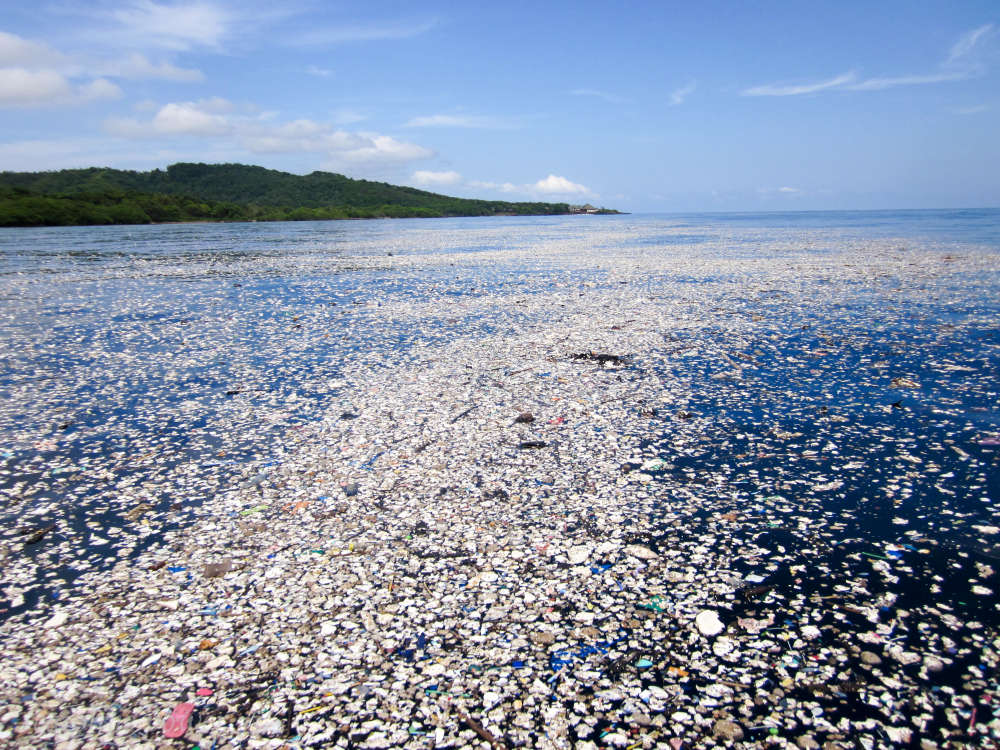

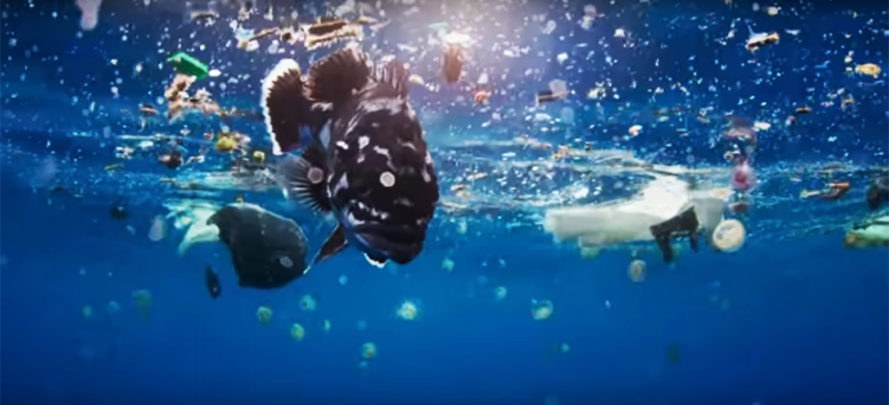
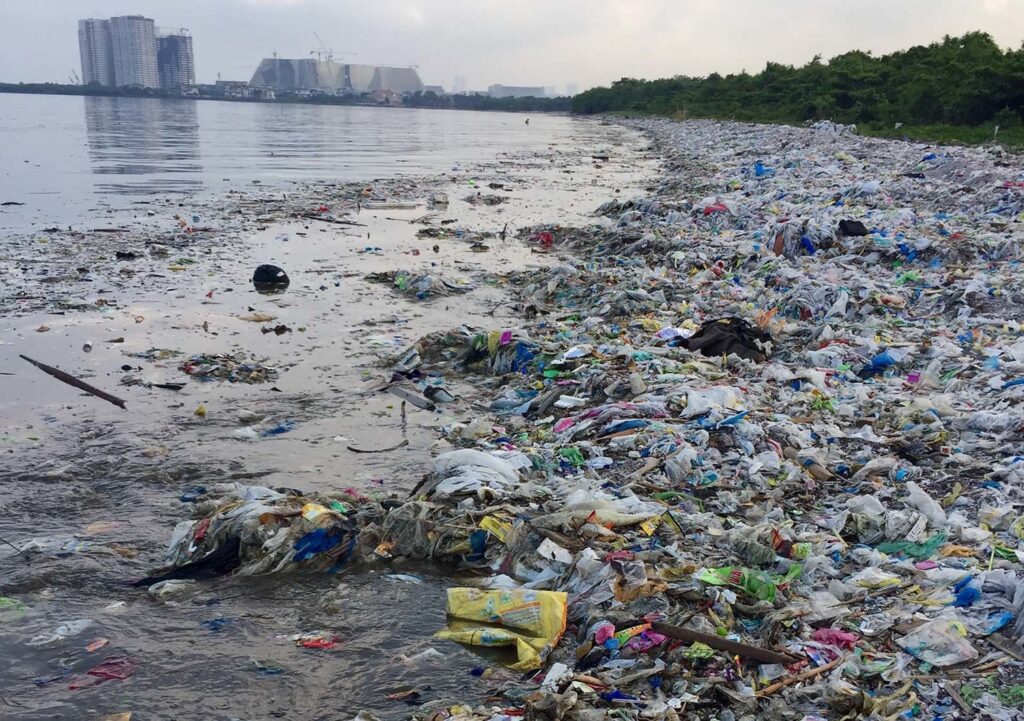
According to PlasticOceans.org, “We are producing over 300 million tons of plastic every year, 50% of which is for single-use purposes – utilized for just a few moments, but on the planet for at least several hundred years. More than 8 million tons of plastic is dumped into our oceans every year.” Sea animals are constantly being killed because of plastic pollution. Over 90% of all seabirds have plastic pieces in their stomach!
“But I recycle.” Great! But, in 2014, The Association of Postconsumer Plastic Recyclers reported, “22% of PET plastic [polyethylene terephthalate, commonly used in beverage and food containers] collected for recycling was exported out of the United States.” This is because facilities can’t keep up. Furthermore, according to 5gyres.org, “plastic production surged from 15 million tons in 1964 to 311 tons in 2014—an increase of more than 2,000 percent. Currently, more than 300 million tons of new plastic is produced annually and less than 10% is recycled.“
The main issue is obviously that plastic is not biodegradable and too many people use it in their everyday life.
Let’s think of a typical day in someone’s life.
Morning: A person may use a personal care product (face wash, face soap, body wash) that has plastic microbeads (tiny plastic particles usually smaller than two millimeters) in it.
What’s wrong with plastic microbeads? According to StoryofStuff.org, “Fish species that humans harvest for food have been known to eat micro-plastic particles at an alarming rate, and the toxins absorbed in those plastics transfer to the fish tissue.” Yes, we’re the reason why fish are toxic to eat.
Next! They go to Starbucks and get an Iced Coffee, which involves using a plastic cup, plastic lid, and plastic straw.
Afternoon: They go out to get something to eat and it comes in a plastic container with plastic utensils wrapped in plastic. They probably order a drink too because they’re already done with their coffee. That could potentially mean another plastic cup, lid, and straw.
Late Afternoon: They remember they have to go to the grocery store to pick up a few things. They pick up apples, avocados and bananas then put them all in different plastic bags. When they go to check out, they are given a plastic bag to put all their smaller plastic bags in.
Night: After a long day of work they don’t feel like cooking, so they get a family meal from a fast-food restaurant. More plastic containers and plastic utensils wrapped in plastic.
Late Night: They wash their body and face with beauty products that contain microbeads again.
Then, they finally go to sleep after using multiple single-use plastic items that lasted for only moments before being thrown in the trash that is then killing the planet.
Moral of the story, single-use plastic is being used in your everyday life without you even realizing or thinking about it.
How Can You Help?
Let’s go back to the list at the top and play of game of Instead of.. ___, Choose This! Next to the plastic items, I’ll give an example on what you could use instead of something harmful to the planet! Yay!
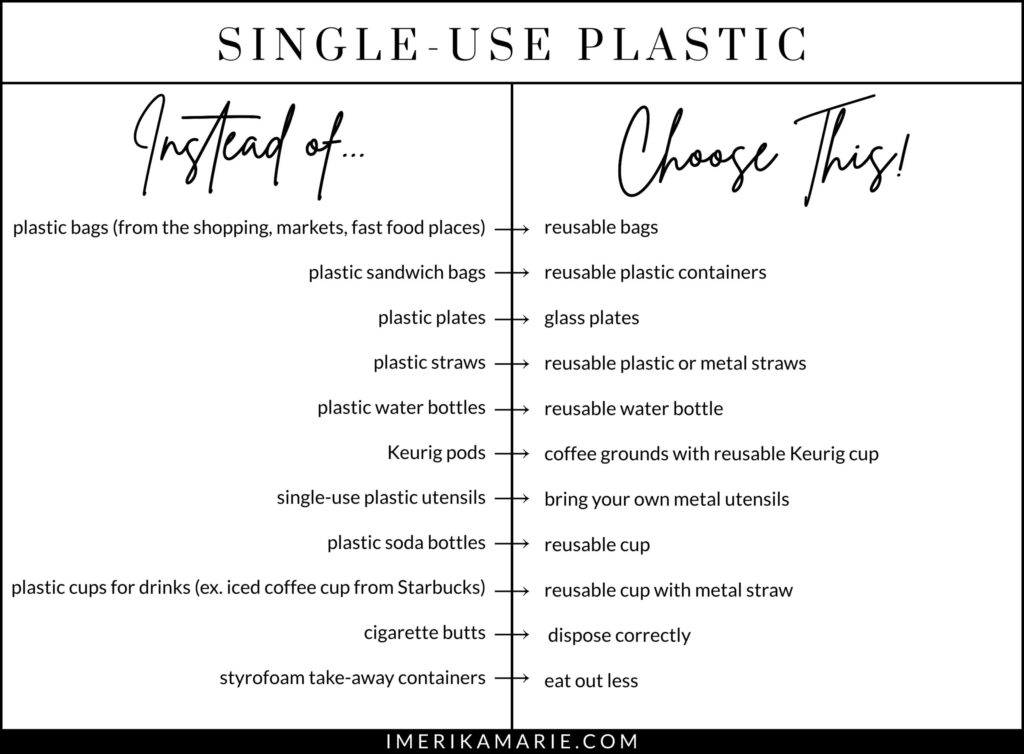
What do I do to limit my use of single-use plastic? I use…
- a reusable water bottle
- reusable straws
- coffee grounds with reusable Keurig pod
- reusable plastic containers
- glass plates (as much as possible)
- reusable bags
In the end, if you use less plastic or none at all, you’re helping to save the planet. Spread the word, tell your friends and family to refuse plastic straws at restaurants and plastic bags at grocery stores. Recycle and use reusable plastic as much as possible! You will help save our planet from this dangerous, preventable plastic problem from getting worse.
2. You Eat Meat Often
By now, everyone knows meat is detrimental to your health. Meat includes cattle, chicken, pig, sheep, and goats. It causes chronic diseases such as heart disease, obesity, cancers, and type 2 diabetes. The production of meat is damaging to our land, water, and the air you breathe. So, you’re not only harming yourself but you’re killing our planet at the same time.
Times.com states, “Each year the livestock sector globally produces 586 million tons of milk, 124 million tons of poultry, 91 million tons of pork, 59 million tons of cattle and buffalo meat, and 11 million tons of meat from sheep and goats.” That’s A LOT OF MEAT. That’s also a lot of food to feed the livestock and a lot of animal waste being produced. The animal waste ends up in oceans causing harm to marine life. Also, for people who live near animal productions, animal waste particles are released into the air which could cause respiratory problems.
Furthermore, jhsph.edu states, “between 1,600 and 2,500 gallons of water are needed to produce one pound of feedlot beef.” This means, producing livestock requires a ridiculous amount of water, leaving us with less freshwater.
Meat production also creates dangerous amounts of greenhouse gases which then causes climate change. This means more natural disasters and extreme temperature changes.
How Can You Help?
Eat less meat! So simple! I avoid eating meat 4x a week.
According to earthday.org, “If you eat one less burger a week, it would be the equivalent of taking your car off the road for 320 miles. If you skip meat and cheese one day a week with your family, it would be the equivalent of taking your car off the road for five weeks.” You will also save tons of water, food, and land usage.
3. Driving Everywhere + Not Having A “Clean” Car
Cars and global warming go hand-in-hand, this is nothing new. Ucsusa.org states, “Collectively, cars and trucks account for nearly one-fifth of all US emissions, emitting around 24 pounds of carbon dioxide and other global-warming gases for every gallon of gas.” Carbon Dioxide or CO2 is a greenhouse gas mainly caused by humans. CO2 traps heat, therefore, warming the planet. According to mnn.com, “CO2 currently represents about 84 percent of all greenhouse gases emitted by human activities, totaling about 30 billion tons a year.”
Here is a look at some of the brands with the “cleanest” cars and not so “clean” cars.
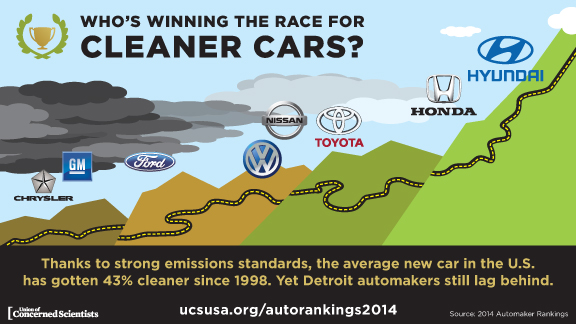
HOW Can You Help?
Of course driving to work or school is sometimes unavoidable but clean cars or taking public transportation is the best option when it comes to saving our planet. Fuel efficient cars use less gas which emits less CO2, which slows down global warming! What’s even better is electric cars! When they use renewable sources, all-electric cars produce ZERO emissions. Also, try taking public transportation whenever possible! Walk to the grocery store or bike to a friends house. Less cars on the streets means less emissions=saving the planet ?
In college I would take the bus to class. Not only because driving gives me anxiety, but because I actually liked it and it was convenient! It took me 15 mins to walk/scooter to the bus (a great morning exercise) and 15 mins to go to school! I had time to study, read, or just relax right before class. I honestly miss that little bus ride. So if you have the chance to take public transportation, I highly recommend it. The earth will thank you! ???
4. Using personal care Products That Aren’t Clean
This is something I recently learned about and it’s that a lot of the personal care products we own have harmful chemicals in them. It not only harms your skin in the long run, but it’s also harming the ocean once it’s been washed down the drain.
One of the biggest problems, is microbeads. We already know microbeads are tiny plastic particles. They are found in exfoliating face and body washes, toothpaste, lip gloss, soaps and deodorant. They’re also currently polluting Lake Erie and Lake Superior, ending up in the stomachs of fish and other marine life. So while you have a smooth face and body, the lakes and oceans are being harmed. A facial cleanser can have up to 350,000 beads! As I said before, fish eat these microbeads and ends up in their tissue, which we then consume.
Furthermore, a majority of personal care products contain parabens, a cosmetic and drug preservative. Parabens are found in shampoo, conditioner, lotions, makeup, and even foods. When you wash your hair with a shampoo that contains parabens, it ends up in the ocean and even in marine life. Environmental Science & Technology reported, “…for the first time that the antimicrobials are also showing up in the tissues of marine mammals, including dolphins, sea otters, and polar bears”.
Another ocean killer, are the chemicals found in sunscreen. Summer is basically already here, so make sure your sunscreens DO NOT contain Oxybenzone. This chemical is known to have estrogen in it that can actually penetrate your skin and cause hormonal imbalance. Traces of oxybenzone can be found in your urine within 30 minutes of putting it on. Also, once you go into the ocean, the sunscreen washes off and stays in the ocean. Oxybenzone is making the water in the ocean warmer, therefore, making the coral warmer, causing them to bleach.
Craig Downs Ph.D. and his colleagues found that “It can result in gender shifts in fish, in which male fish take on female attributes, while females have reduced egg production and embryo hatchings.”
How Can You Help?
- Use personal care products that do not contain microbeads.
- Stop buying products with parabens in them.
- Only buy/use sunscreen that is “Ocean Friendly”.
- Use this app to check if your personal care products contain toxic ingredients!
5. Overusing Water and Electricity
The last thing you’re doing every day that’s killing our planet is overusing water and electricity! I feel like this one is obvious but with technological advancements made these past few years we tend to forget how much power and energy we use throughout the day. Also, wasting fresh water for your daily shower/singing concert (you know what I mean 
Huffpost.com writes that water production, “require non-renewable fossil fuels and as these resources become depleted, their dangerous by-products such as carbon dioxide build-up in the Earth’s atmosphere, contributing to your carbon footprint and the Earth’s rising temperatures.”
Back to electricity, electric power plants have an effect on the environment. Eia.gov reported, “In the United States, about 64% of total electricity generation in 2017 was produced from fossil fuels (coal, natural gas, and petroleum), materials that come from plants (biomass), and municipal and industrial wastes.” The substances produced from this include:
- Carbon dioxide (CO2)
- Carbon monoxide (CO)
- Sulfur dioxide (SO2)
- Nitrogen oxides (NOx)
- Particulate matter (PM)
- Heavy metals such as mercury
More CO2! We already learned that CO2 causes greenhouse gas but these other substances are also harming the planet. Sulfur dioxide can cause acid rain, harming plants, and marine animals. Also, power plants in the United States produces the most CO2 emissions and solid and liquid waste.
How Can You Help?
- disconnect any plug, not in use
- turn off any unnecessary lights
- replace lightbulbs with LEDs
- don’t take baths/cut your shower time in half
- shut the water off when you’re brushing your teeth
- only water the lawn when it needs it
Personally, my shower head has a function where you can pause the water. Meaning if it was using 100% of water, it then uses 20% of the water with the function on. So when I’m putting shampoo or conditioner, soap, or shaving, I use this function to not waste any excess amount of water! Also, I don’t take a shower for longer than 10 minutes! ?
Summary
Avoiding these 5 things in your everyday life will help the environment around you and ultimately help save our planet. To sum it up:
- Stop buying/using water bottles
- Eat less meat
- Take public transportation when possible/drive a “clean” car
- Purchase personal care products that are clean of any harmful ingredients
- Shorten shower time & unplug anything not in use
Until next time,

FTC: This post contains affiliate links, which means I may receive a commission for purchases made through my links at no extra cost to you.
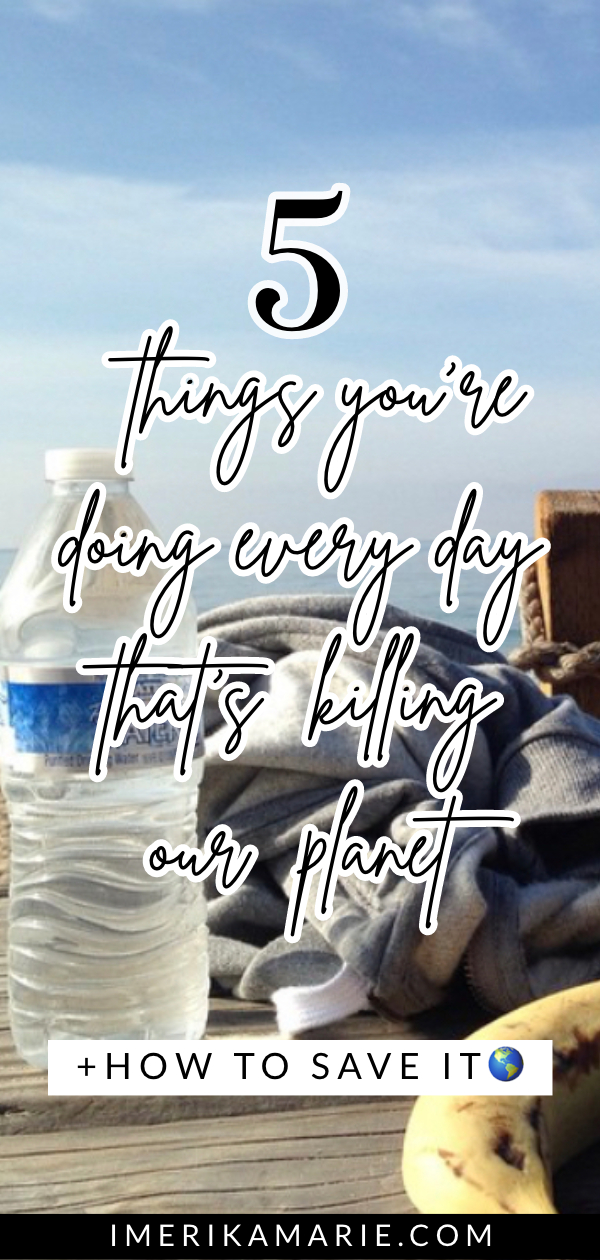
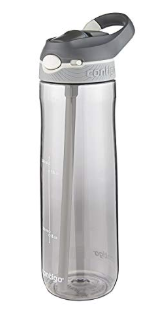
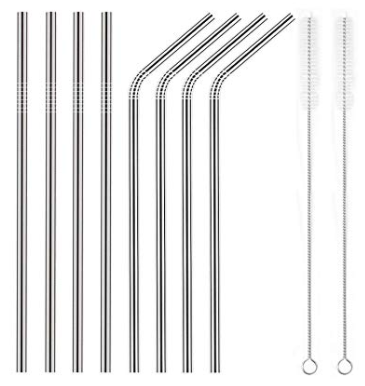
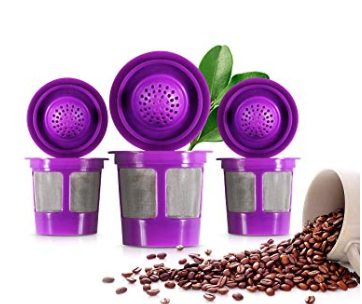
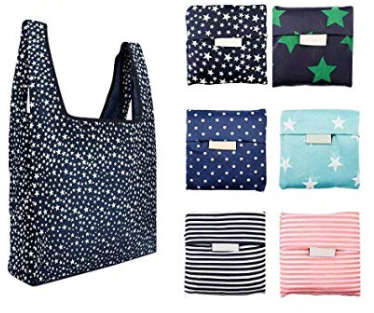
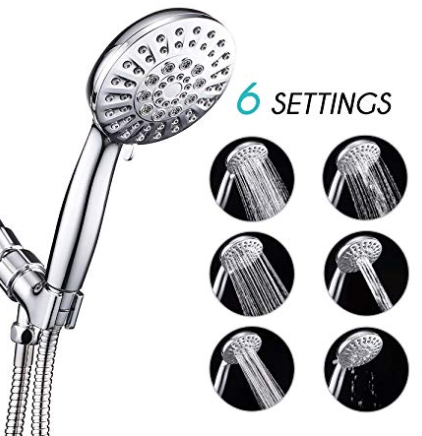
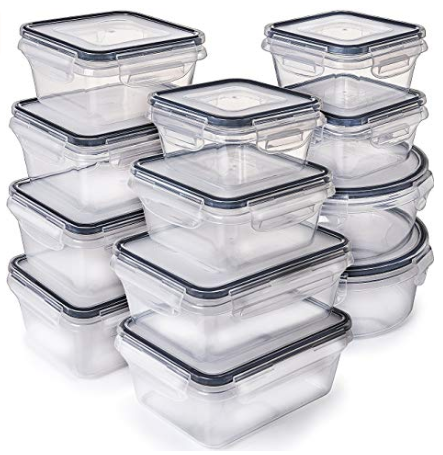
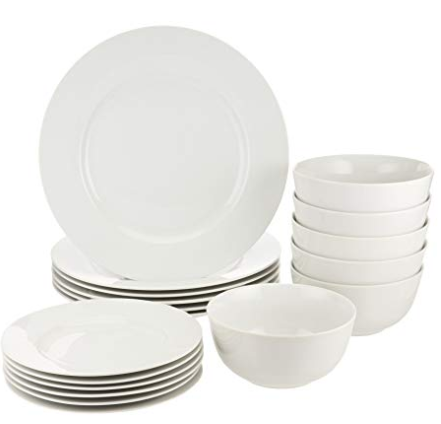
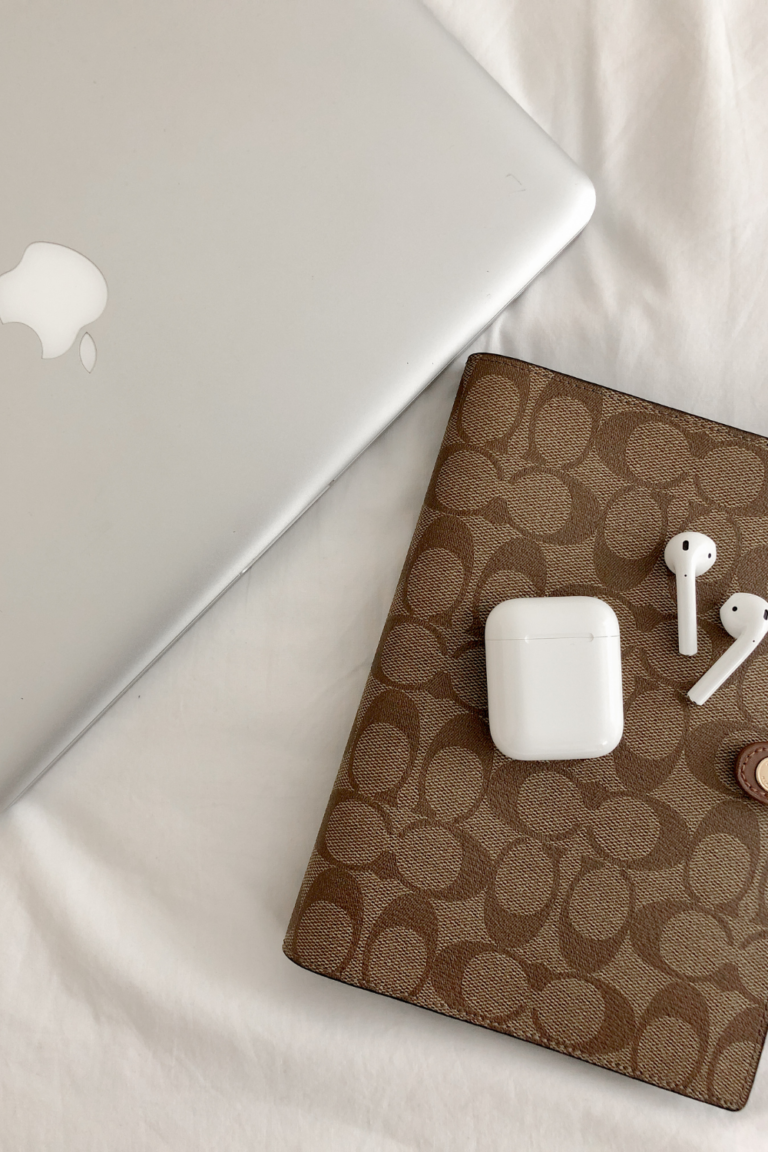



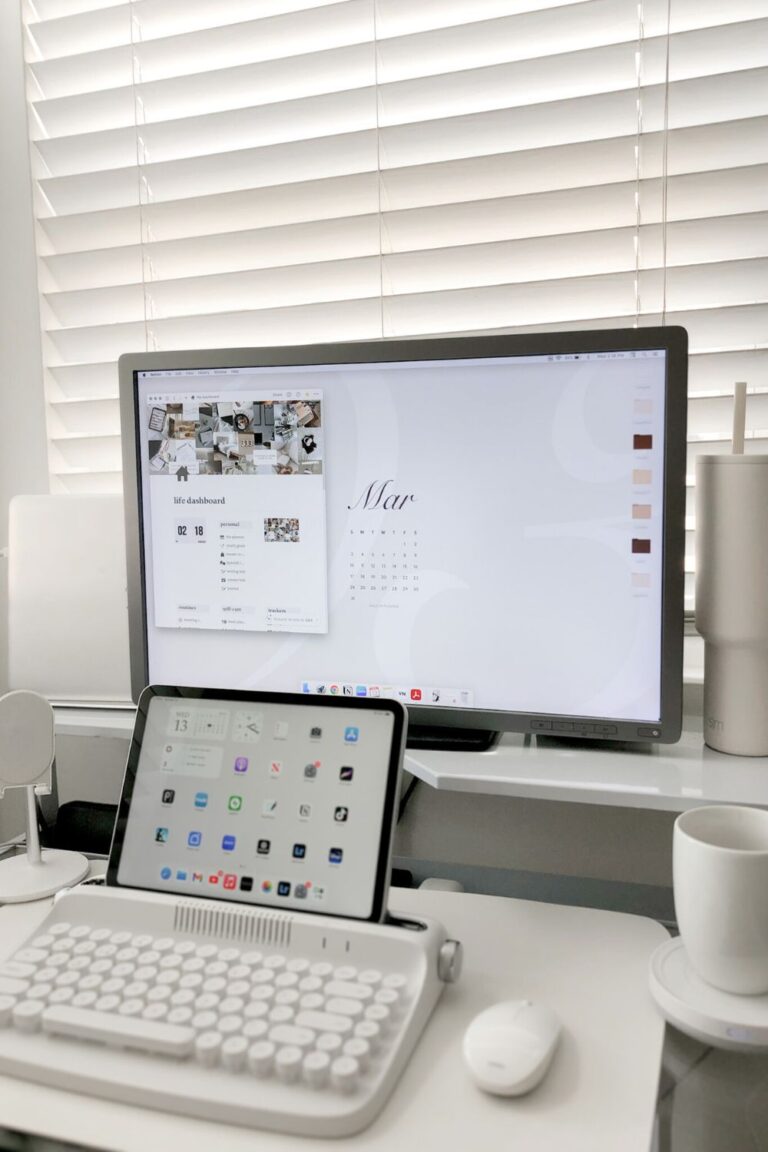

Great post! If we all do as much as we can, it will definitely add up to something big xx
Beautylymin | AnastasiaBeverlyHillsxAlyssaEdwardsPalette Giveaway
Exactly! It’s little habits that lead to big change (:
-Erika Marie